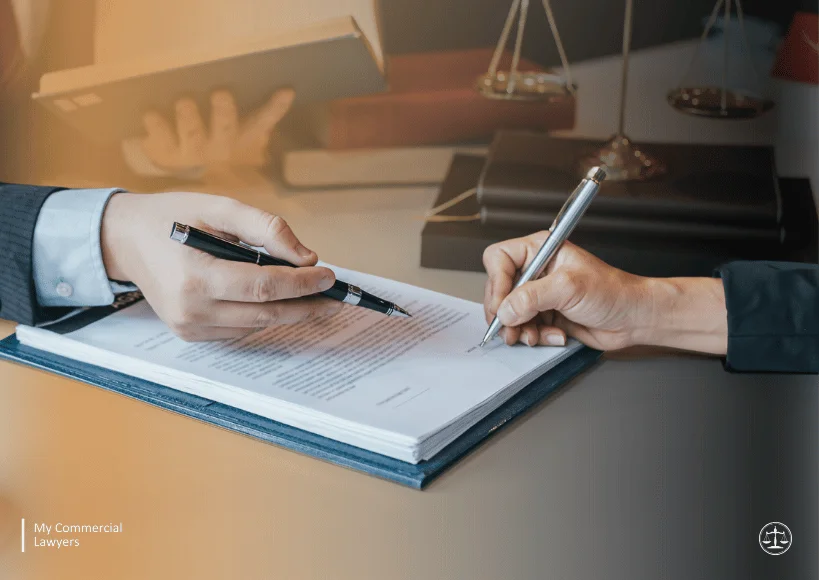


What is Litigation?
Litigation refers to the formal process of taking a legal dispute to court. When parties involved in a legal disagreement cannot resolve the issue through negotiation, mediation, or arbitration, litigation serves as the mechanism through which a judge or jury can issue a binding decision. The process is public, and its outcome is legally enforceable.
Common Areas Where Litigation Applies
- Construction Law: Disputes in construction law may arise from contract breaches, delays, faulty workmanship, or non-payment. Litigation may be necessary to ensure obligations are met or compensation is obtained.
- Regulatory Criminal Offences: Businesses facing regulatory investigations—such as violations of environmental laws, health and safety breaches, or non-compliance with construction standards—may be subject to litigation. This could lead to penalties, fines, or reputational damage.


